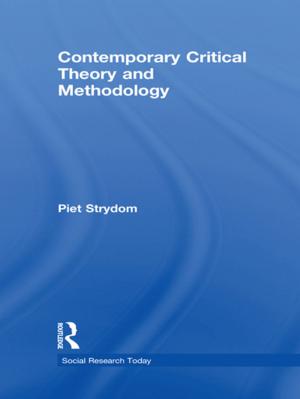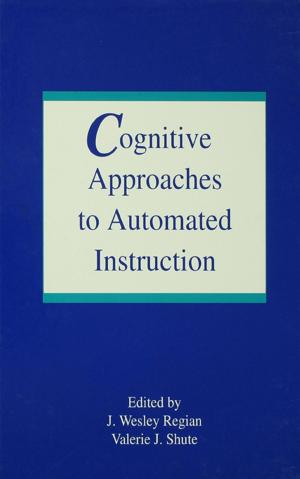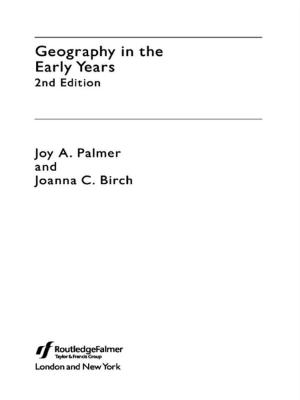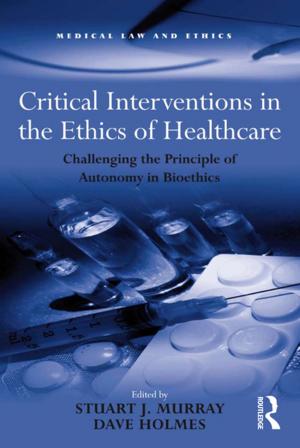| Author: | John Watts | ISBN: | 9781136238994 |
| Publisher: | Taylor and Francis | Publication: | September 5, 2013 |
| Imprint: | Routledge | Language: | English |
| Author: | John Watts |
| ISBN: | 9781136238994 |
| Publisher: | Taylor and Francis |
| Publication: | September 5, 2013 |
| Imprint: | Routledge |
| Language: | English |
This historic book may have numerous typos and missing text. Purchasers can download a free scanned copy of the original book (without typos) from the publisher. Not indexed. Not illustrated. 1866 edition. Excerpt: ... price for spinning on coupled mules and compensation of extra turns. That Lancaster be admitted a district of the association. That our fellow members of Chorley, having been wholly and entirely thrown out of employment by the dispute now pending between the cardroom operatives of that locality and their employers, this meeting begs most respectfully to recommend the case of those connected with this society to the kind and humane consideration of their fellow members throughout the district, and to request that they will spare no exertions on their behalf, but obtain for them all the assistance in their power. The following state of employment was submitted to the meeting:--Of course, even if the above return be correct, it is only an approximate guide to the state of employment, because of the great diminution of operatives in the district. Agents came from the United States during the crisis and sought out hands for weaving and spinning; and, having made engagements with them, paid their passage fees to America. But as these would all go by ordinary passenger vessels they would probably not be reckoned as emigrants. Nevertheless, the fact remains that a larger number than any government measure would have been likely to provide for as emigrants to the colonies, did manage by some means at home or abroad to provide for themselves and their families, and thus relieved both the poor-law guardians and the various committees from a very heavy extra charge upon their funds-and their care. DECREASE OF INDIGENCE. 217 The maximum pressure upon the relief committees was reached early in December, 1862, but, as the tide had turned before the end of the month, the highest number chargeable at any one time is nowhere shown.
This historic book may have numerous typos and missing text. Purchasers can download a free scanned copy of the original book (without typos) from the publisher. Not indexed. Not illustrated. 1866 edition. Excerpt: ... price for spinning on coupled mules and compensation of extra turns. That Lancaster be admitted a district of the association. That our fellow members of Chorley, having been wholly and entirely thrown out of employment by the dispute now pending between the cardroom operatives of that locality and their employers, this meeting begs most respectfully to recommend the case of those connected with this society to the kind and humane consideration of their fellow members throughout the district, and to request that they will spare no exertions on their behalf, but obtain for them all the assistance in their power. The following state of employment was submitted to the meeting:--Of course, even if the above return be correct, it is only an approximate guide to the state of employment, because of the great diminution of operatives in the district. Agents came from the United States during the crisis and sought out hands for weaving and spinning; and, having made engagements with them, paid their passage fees to America. But as these would all go by ordinary passenger vessels they would probably not be reckoned as emigrants. Nevertheless, the fact remains that a larger number than any government measure would have been likely to provide for as emigrants to the colonies, did manage by some means at home or abroad to provide for themselves and their families, and thus relieved both the poor-law guardians and the various committees from a very heavy extra charge upon their funds-and their care. DECREASE OF INDIGENCE. 217 The maximum pressure upon the relief committees was reached early in December, 1862, but, as the tide had turned before the end of the month, the highest number chargeable at any one time is nowhere shown.















